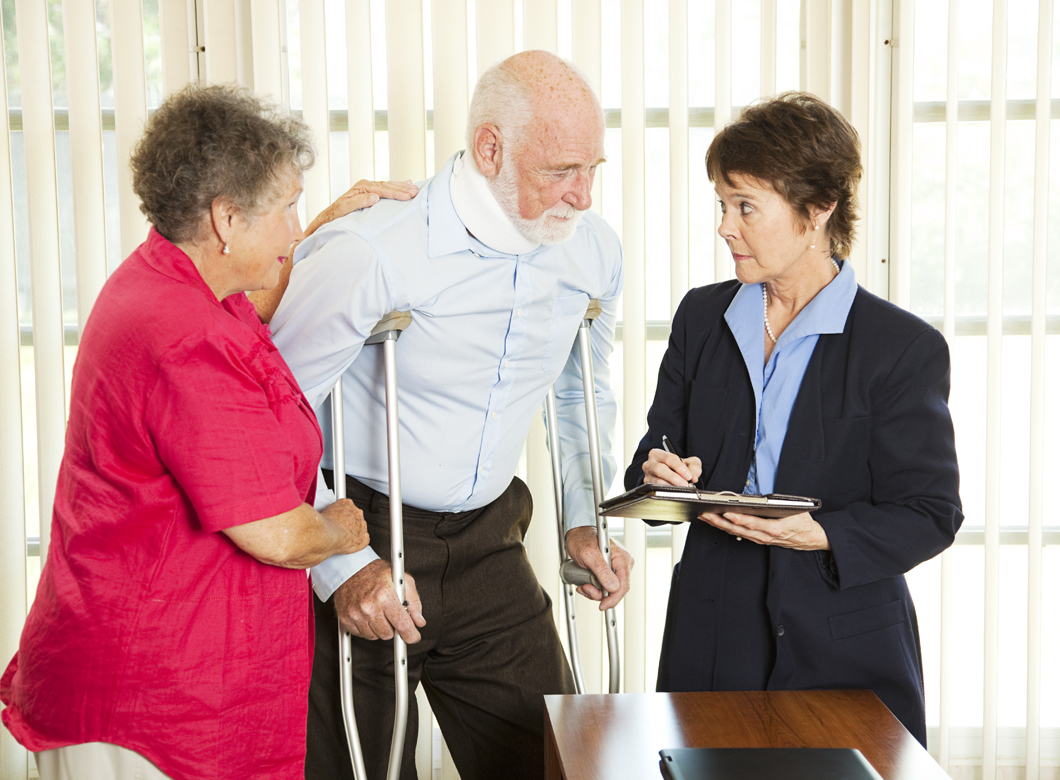
One of the most important things you can do for your health and your potential personal injury lawsuit is to start a pain journal and medication log as soon as you are able. When you’re recovering from an accident you have a lot on your plate, and writing things down keeps details from being forgotten. Your accident diary can also serve as evidence of the treatment you received and the extent of your injuries.
How a Medication Log and Pain Diary Helps
Let’s say you experience a back injury for which your doctor prescribes you a pain killer and muscle relaxer. You take them as advised, but there are a lot of things going on with your body and mind. It’s hard to tell what symptoms are related to your injury, what might be side effects and what could be caused by the new stress you’re experiencing.
Plus, doctors are notoriously busy and visits can feel rushed. Sometimes by the time people are sitting face to face with their healthcare provider they only remember the most pressing concerns. They might not even be aware of the medication or physical issues affecting them.
When you write down what you take and how you feel, you have a document to inform and guide conversations with your physician. You don’t have to remember all the details because you wrote them down. Your doctor can see patterns or warning signs you might not even know exist.
What to Include in Your Medical Log
The more information you record in your pain journal and medication log, the more evidence you have to offer in your personal injury case and to inform your treatment. Take notes at each medical visit to record the date, what the doctor says and the symptoms you currently experience. Then include documentation of the following:
- Your pain level on the daily, ranking how you feel on a scale of one to 10
- Questions you want to ask at your next appointment
- How you feel emotionally
- What pills you took, when you took them, and how you felt after
- Changes you’ve had to make in daily routines because of your injury
- Changes you’ve experienced because of depression, anxiety or other emotional wellness issues
- Time off work because of your injuries
- Improvements or deterioration
It’s also a good idea to document your journey with photos and video. Take regular photos to show negative and positive changes over time.
How Journaling Helps Your Personal Injury Claim
Again, writing things down makes them easier to remember and reveals patterns that might otherwise go undetected. The more documentation you have the better. Your records go a long way toward painting the picture of your injury, your recovery, the mental anguish you suffered, and both economic and non-economic damages.
We can help you gather the documentation you need to build a successful personal injury claim, and if you don’t get paid, we don’t either. Schedule a free consultation today.

